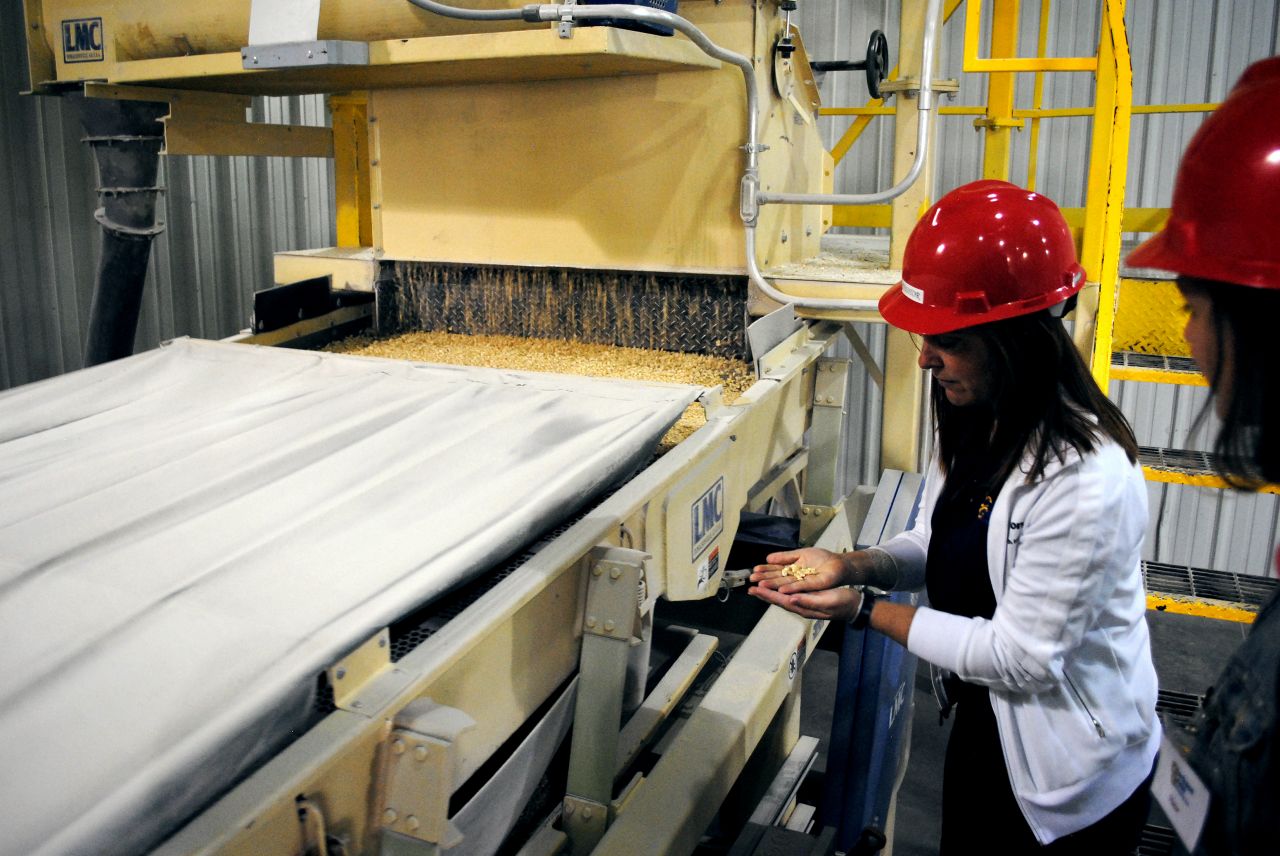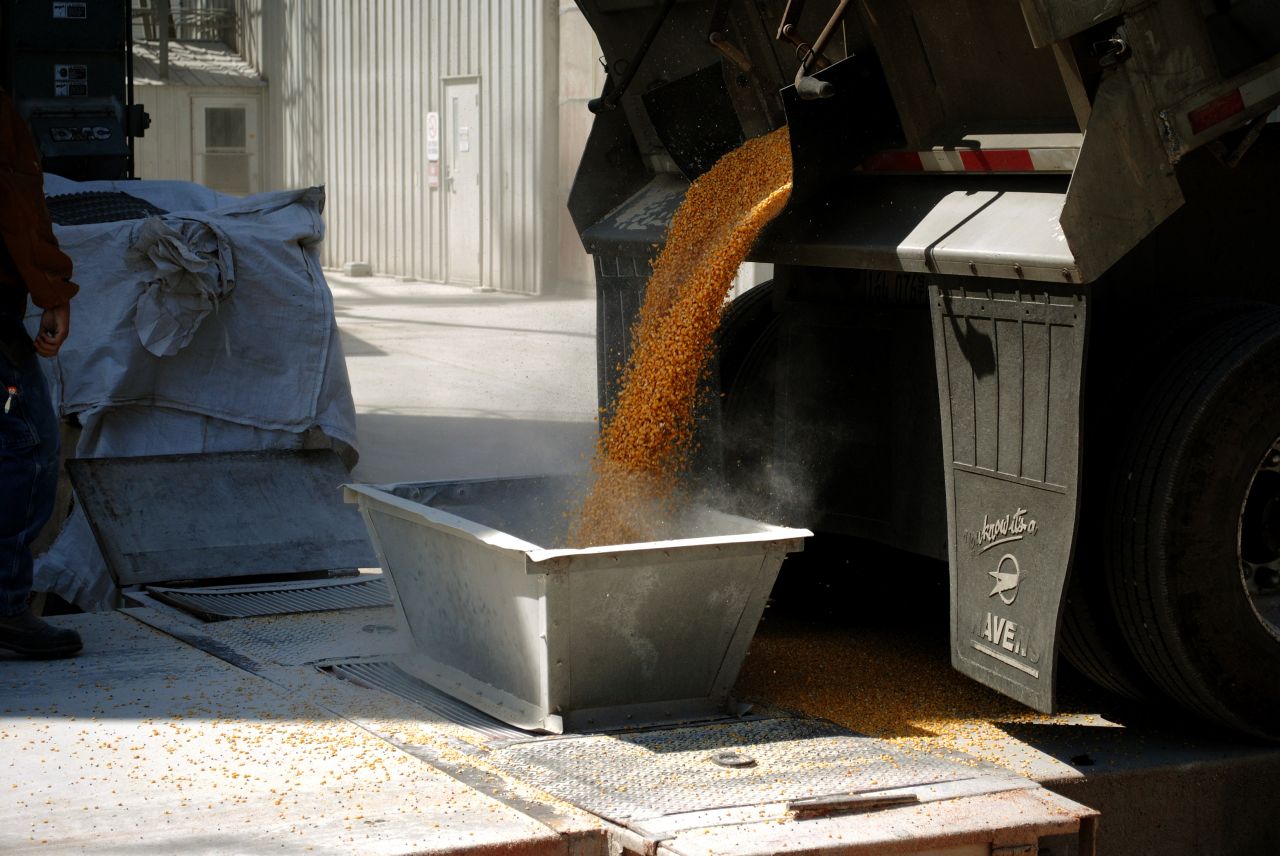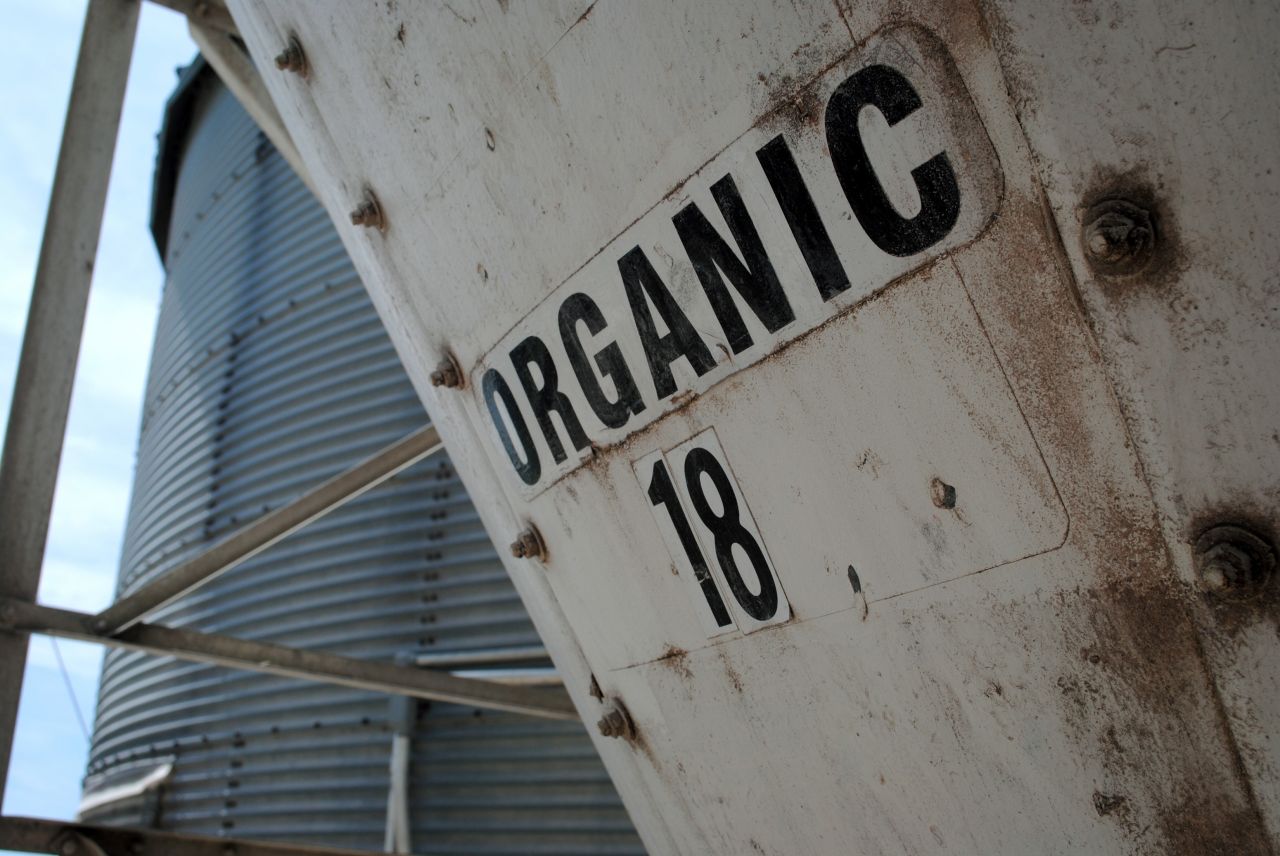From Grain To Bottle: Clarkson Grain Company + Organic Corn Farmer Allen Williams
In the Midwest, it’s hard to imagine a practice more traditional than corn farming, especially as you drive across the farms and plains of Southern Illinois during the the nearly 200-mile trip from Chicago to Cerro Gordo.
But when you slow down, get out of your car, and talk to some of the people involved with the farming process, you realize how innovation and technology have changed the industry—and helped produce the freshest, cleanest grains—over the last few decades.
Clarkson Grain Company has been working with corn and soya farmers from across the US and Canada since 1974. According to one of their nearby organic farmers, Allen Williams, the changes have been gradual, but significant.
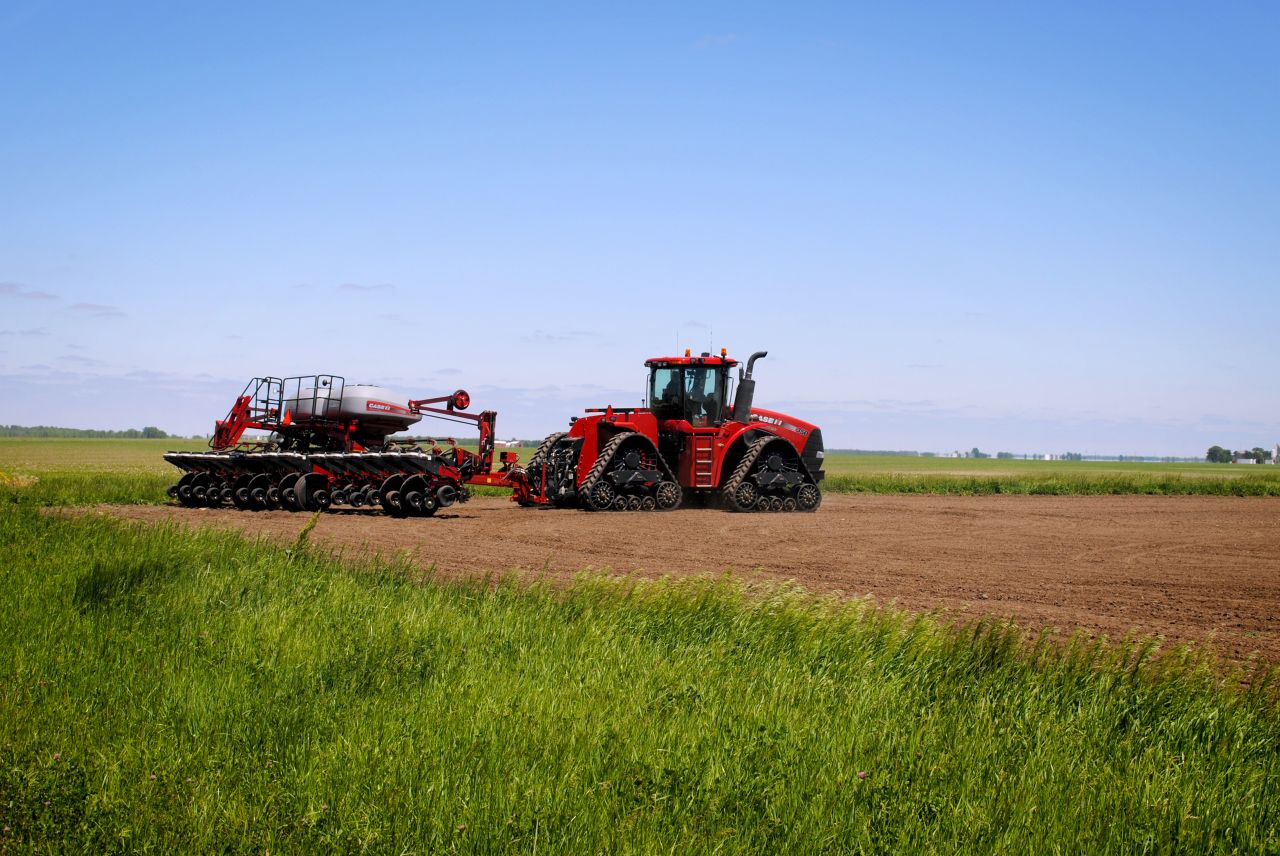
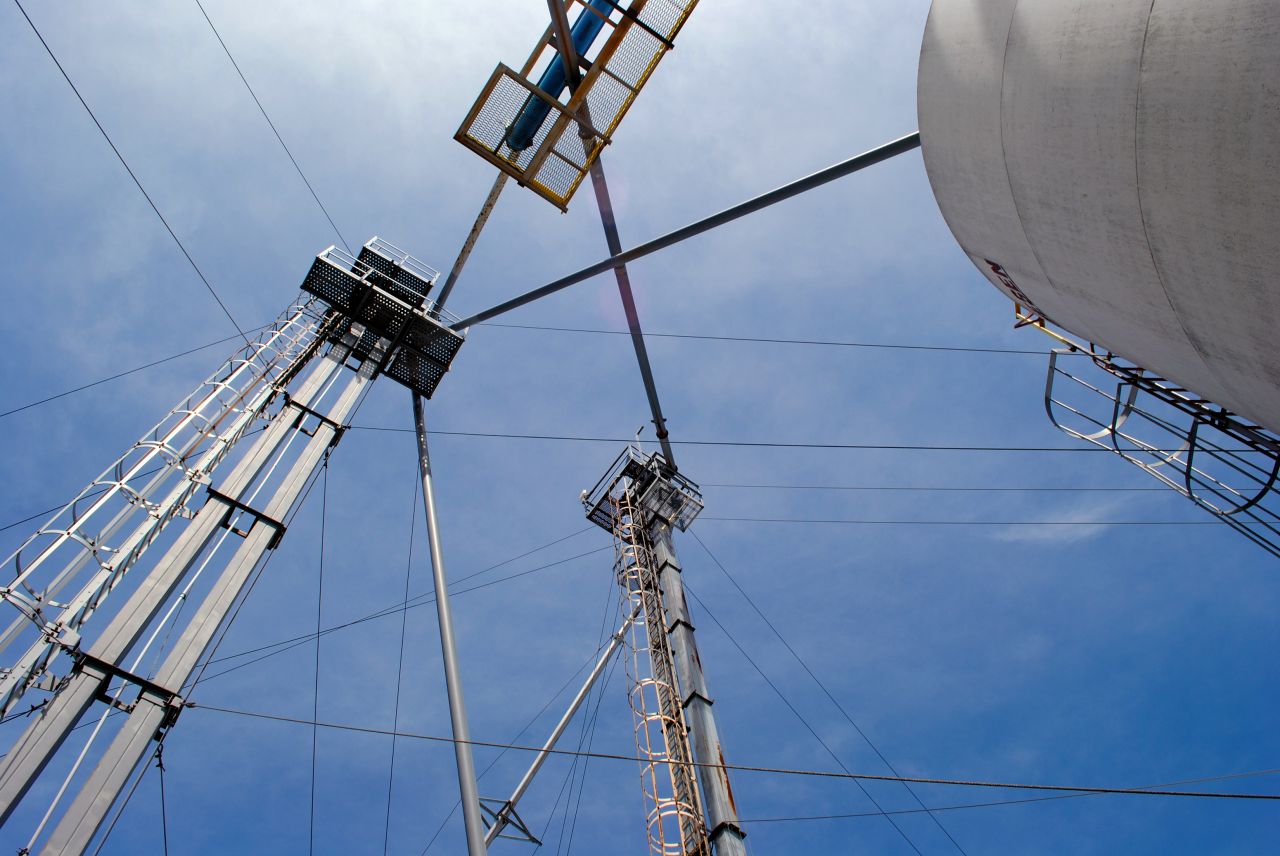
“When I started, we harvested corn by ear, two rows at a time,” said Williams. “On a good day, we would harvest 15 acres and think it was fantastic. Today, we’re disappointed when we can’t harvest 100 acres in a day, let alone have it ready to be delivered. It’s quite different.”
As someone who has been farming in Piatt County since 1972 and has planted and harvested on certified organic land since 1994, Allen Williams is a pioneer in the world of non-GMO and organic farming.
“When I started farming I’d plant with a little tractor and a four-row planter. You’d get done at the end of the day and you’d be blocked with dirt,” said Williams.
From a distance, Williams’ modern tractor might look relatively standard, but when you step inside you can see all of the technology and satellite readings that allow the planting process to run smoothly and efficiently.
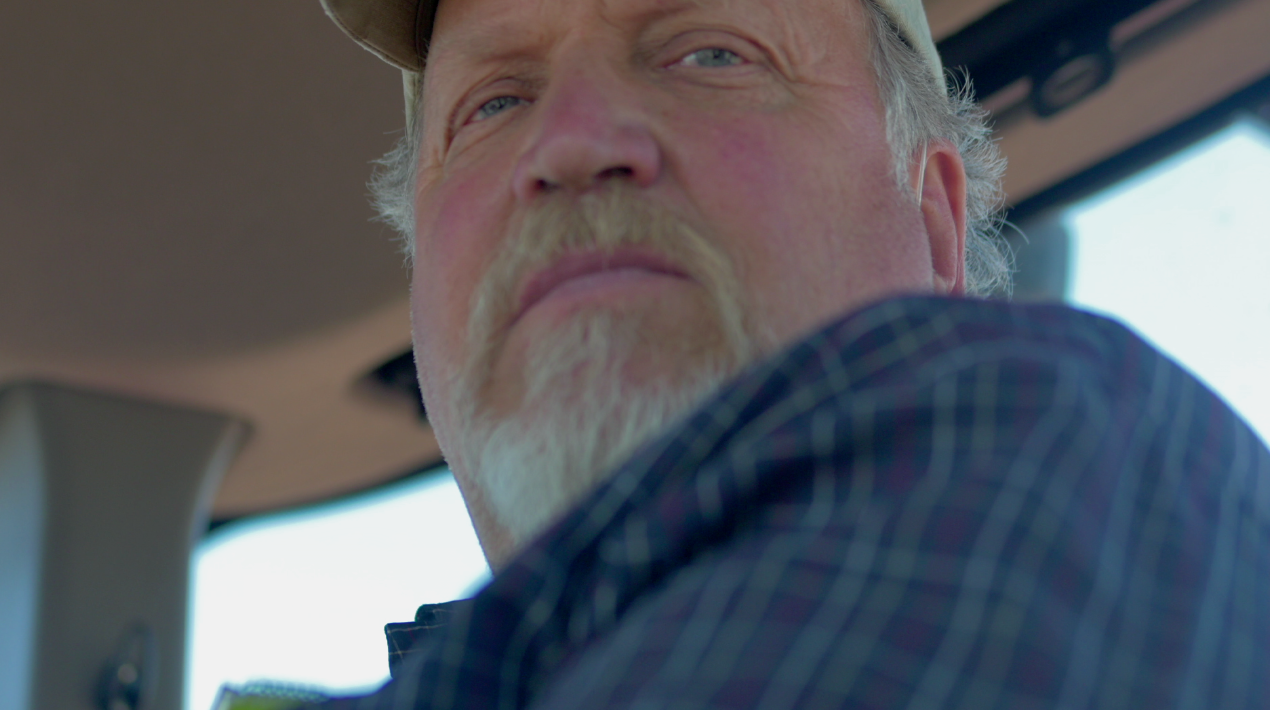
“This is telling me how many seeds are dropping from every planter,” said Williams, pointing at a small device near the steering wheel. “Different screens can tell you if the plot has already been planted by satellite.”
Williams, who manages a total of about 1,700 acres (about a third of which are certified organic), says that because corn pollen blows in the wind, he has to make sure his non-GMO fields are at least 100 feet away from any GMO field.
The organic and non-GMO testing, however, is conducted at a scale house and testing facility operated by Clarkson, who only accepts GMO-free grain to fill the demand of their customers. Those customers, by the way, range from national tortilla chip factories, to a European snack food company, to an urban distillery just a three hour drive away.
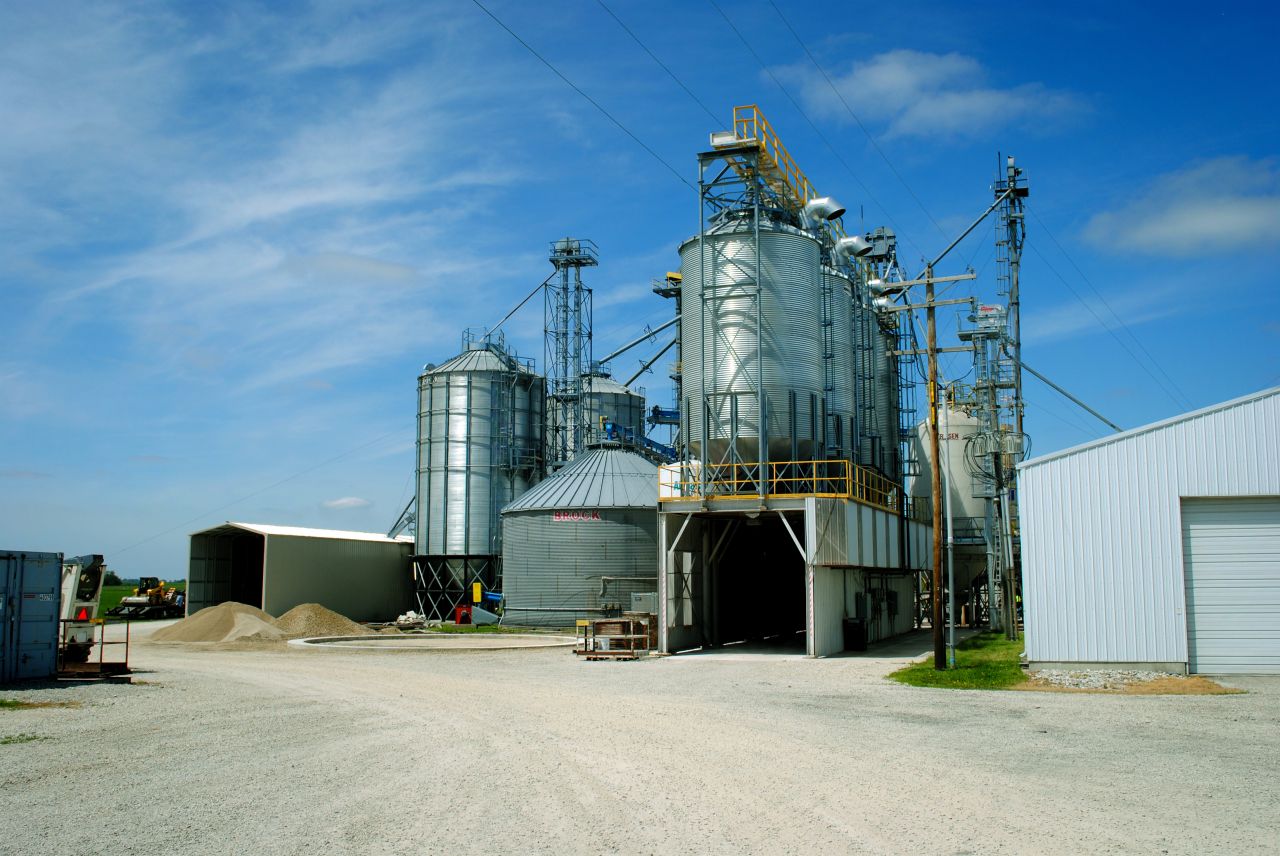
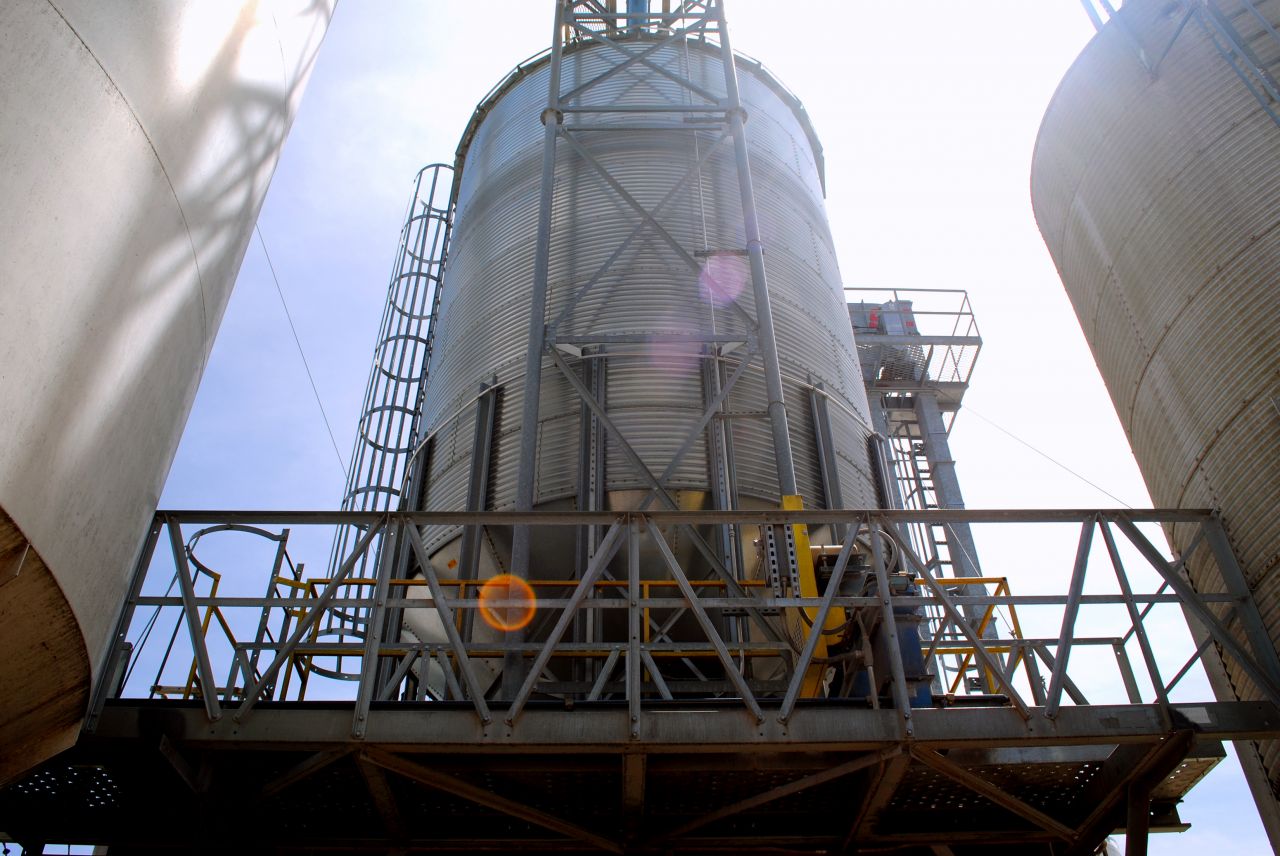
No matter how technical and precise the organic and non-GMO process might be, there are some parts of the job that remain traditional—things you'd only know if they were passed down from the generation before you.
“One of the things you do during harvest is bite into the grain and see how much moisture is in it. Just by experience, you know the moisture content by the taste.”
As a grain-to-bottle distillery that produces grain-forward whiskeys and spirits, it's imperative to know that our ingredients are of the highest possible value. After leaving Cerro Gordo and witnessing everything from seeds being planted, to corn being tested, to our own shipments being packaged at the scale house, it's impossible not to think about the work and care that helps make KOVAL Bourbon truly unique.
